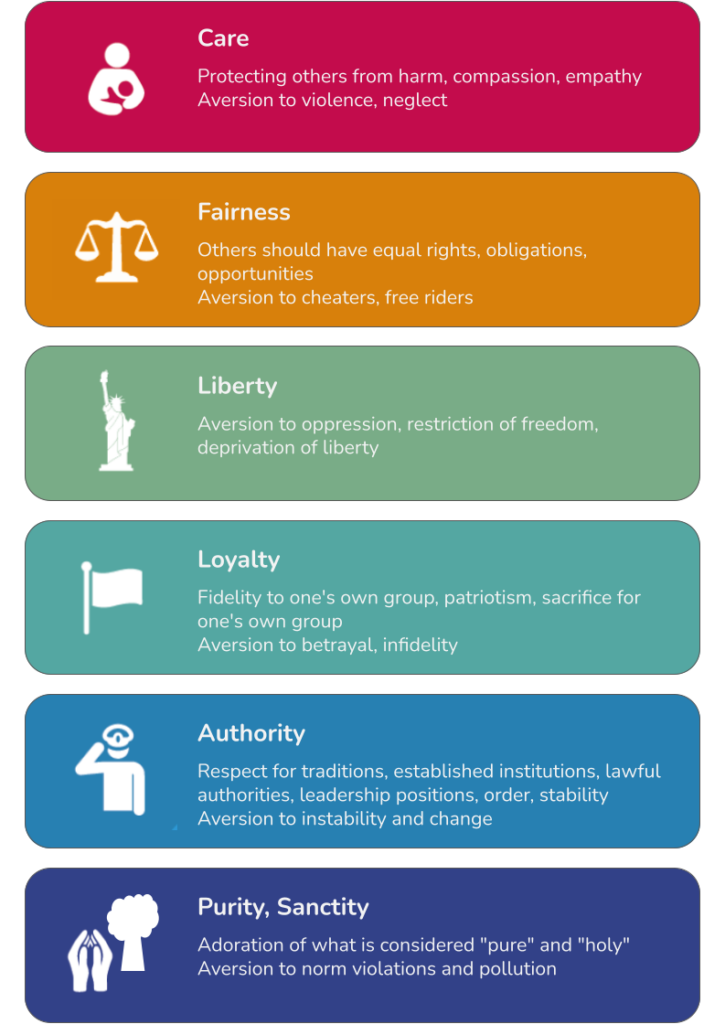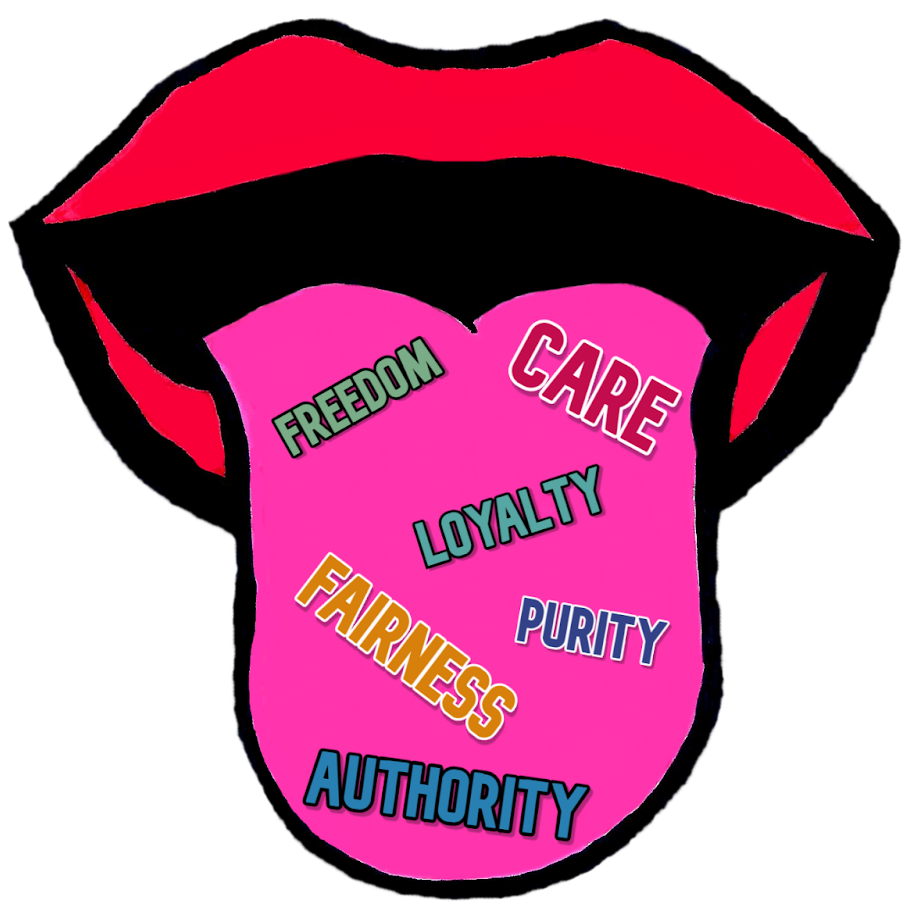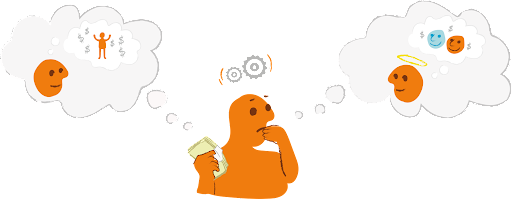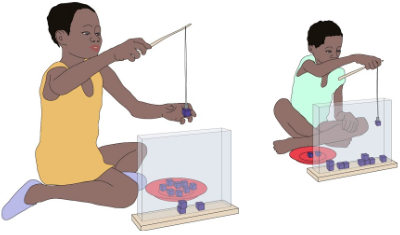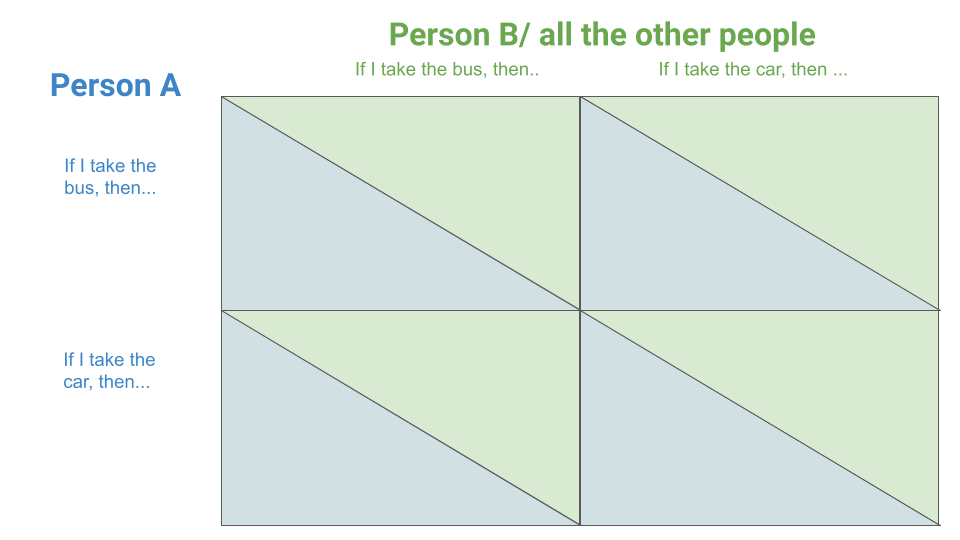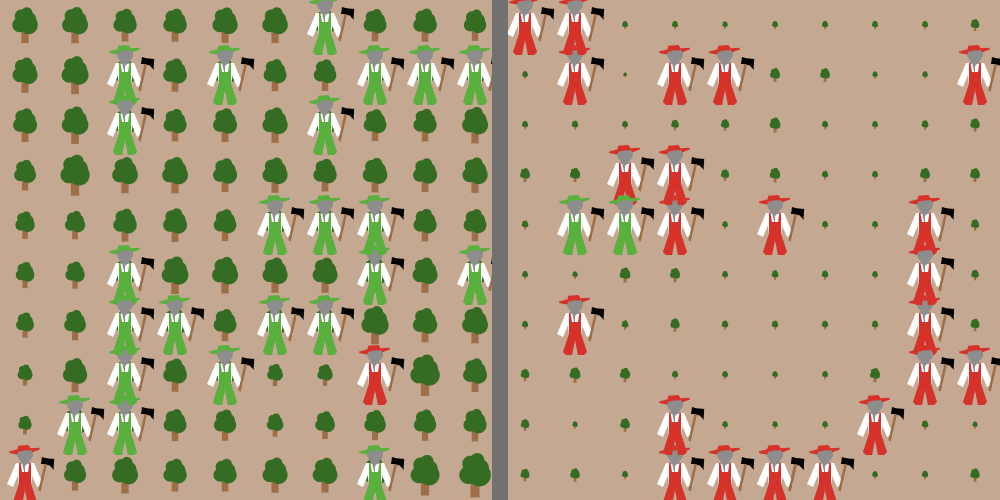Function of cognitive biases
In this lesson students learn about the concept of cognitive biases as well as a number of important cognitive biases that may affect our well-being and social interactions, identify their causes in evolutionary history, their functions, and reflect on how to cope with cognitive biases.
Function of cognitive biases Read More »


